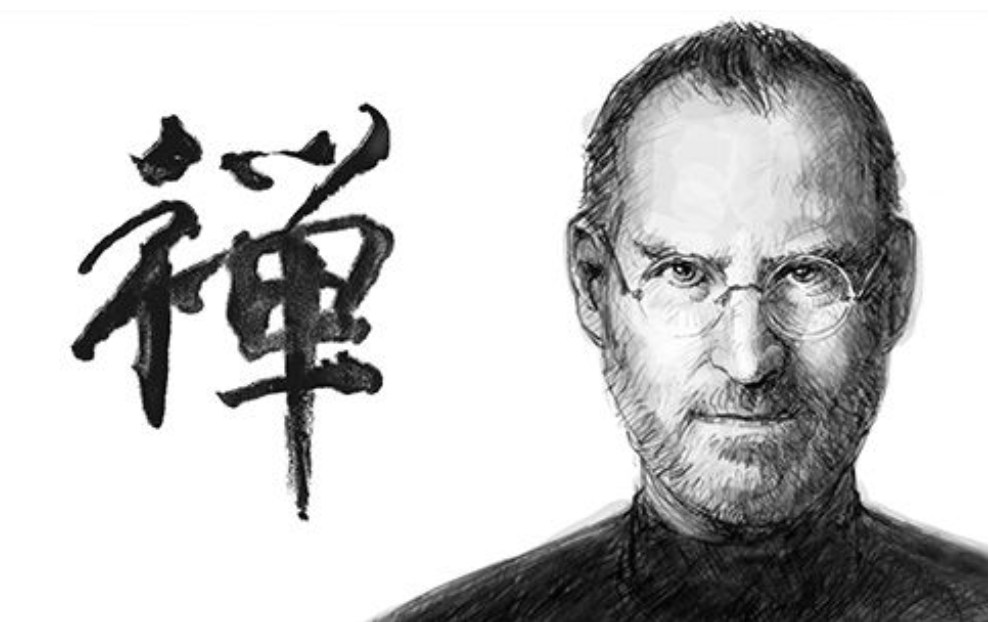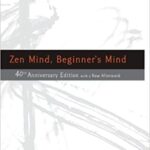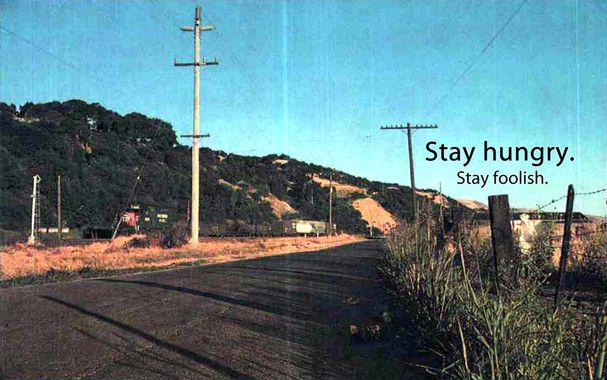Do you know that Steve Jobs, founder of Apple, was heavily influenced by Zen? Apple products, such as iPhone, are highly regarded not only for their functionality and usability, but also for their simple and beautiful design, and one of the reasons for their success can be attributed to Jobs’ continuous pursuit of the Zen teaching of stripping away everything extraneous and focusing on the essential.
They have Common Senses through “ZEN”

Not to Gain, But to Lose
Why are the world’s leaders in the forefront attracted to Zen? The reason is that they have looked for spiritual, not material.
First, the 20th century was a period of material abundance. Under the leadership of the Western, mass production and mass consumption were the processes for achieving affluence. However, they did not satisfy people’s material demands but rather accelerated them.
Furthermore, as a result of the pursuit of such affluence, environmental problems and global warming have become more serious due to CO2 and waste emissions, and more and more people in developed countries are concerned about this situation.
And now, in the 21st century, we live in an advanced information society, which while providing us with a lot of information instantly, may also reduce our time availability. In particular, global executive leaders or celebrities have already satisfied their own physical demands, but not been able to satisfy their spiritual ones, like their own minds.
And they are able to understand ideologically that the richness in their minds cannot be bought with their much money. They search for a way to do that and eventually become interested in “Zen.” And, they visit Zen temples in Kyoto and become fascinated by its simple Wabi-Sabi garden.
Break the Bias
People generally act with a confirmation bias. It strongly tends them to look for convenient evidence that proves their current views and not to focus on disproof information. Furthermore, it is easy for them to fall into dualisms such as good and bad, friend and foe.
And most troubling of all are assumptions, which attract more intelligent people surprisingly. This is because they are in their own abilities and thoughts.
If we were to list three things that are important in Zen practice, the first is “faith”, the second is “devotion”, and the third is “doubt”, which says “What you think is right, doubt it soon.”
In fact, executive leaders who can be interested in Zen do this doubting easily. Of course, they’re business owners and good leaders, not only building up their achievements with strong beliefs but also breaking them by overlooking their environments or themselves.
The same applies to Zen practice, which teaches us that as we practice more and more, an image of approaching the goal comes to our mind, but when we feel this, we have to break that.
Over the Mindfulness
The meditation technique known as “mindfulness” has received a lot of attention. This is believed to be effective in improving concentration and relieving depression and has become popular mainly in western countries, where it has been adopted by global companies such as Google, Nike, Apple, Intel, and Goldman Sachs, which are running their business, training their employees, and developing their leadership based on mindfulness.
Mindfulness, translated from “Sati” as a Buddhist term, is derived from a meditation technique practiced in Theravada Buddhism in South-East Asia and Sri Lanka. In the 1990s, it was adapted into a form that could be practiced by ordinary people and spread rapidly with this scientifical effectiveness in the U.S. In other words, it is conceptually said that mindfulness is replaced from oriental and spiritual “Zen”by western “pragmatism”.
However, some executives these days have a sense of crisis that pragmatism has its limits, because they are aware that they cannot break through with logical thinking alone. In particular, the 2008 financial crisis shifted their mindset, which invited them to develop thoughts to go beyond their own. Hence, they will be interested in philosophies or Zen, which are considered useless in general.
Steve Jobs’ Words related with Zen

”Simple can be harder than complex. You have to work hard to get your thinking clean to make it simple. But it’s worth it in the end because once you get there, you can move mountains.”
First, what is “Zen”?
It is “禅” in the Chinese characters Kanji, which is combined with “礻”(=show) and “単”(=Simple), which means that Zen shows simply. In order to simplify, useless has to be removed away. What you can see at the end of the removing, removing, removing is the essence. When you can see the essence of things, you have more energy to action.
Then, What is useless?
This is that not only indicates physical’s, but also spiritual’s of strong attachment with negative emotions such as anger, anxiety, and any more. Have you ever had the following feelings?
(1) Even when you have a lot of things, you are not satisfied with them and want something better, more, and that people envy.
(2) With strong attachment, trying to get everything that you care about.
(3) By comparing themselves with friends and colleagues, you always wish you are better.
However, even if you understand these things in your brain, it is very difficult to be aware of the need to reduce your useless in everyday life. The Zen advocates the importance of learning with your body through continuous practice such as “Zazen”.
“There’s a phrase in Buddhism, ‘Beginner’s mind.’
It’s wonderful to have a beginner’s mind.”
Jobs had become absorbed in Buddhism after a trip to India when he was young who read a book “Zen Mind, Beginner’s Mind”. The author, Shunryu Suzuki, was a Soto Zen priest who spread Zen teaching on the West Coast of the U.S., and one of the most passionate priest to abroad. Job’s Zen teacher, Hirofumi Otogawa, had been invited to the U.S. by him.
He has mentioned “The goal of practice is always to keep our beginner’s mind”, and “in the beginner’s mind, there are many possibilities, but in the expert’s mind there are few.” on the same page in this book. At this age, expertise was required strongly in all fields, so he was trying to promote just opposite values there.
This phrase is very well known in Japan, where it is written in Japanese as “初心”. Particularly well-known phrases as below:
“Don’t forget the beginner’s mind.”
This teaches us to remember the eager, serious and humble attitude we had when we started things. This phrase was written by Zeami, who developed Noh theatre in the Muromachi period (1336-1573), one of the Japanese performing arts, in his book Hanagami (Flower Mirror), a book of Noh secrets.

Zen Mind, Beginner's Mind
Media Type: Hardcover
Author: Shunryu Suzuki
Availability: Amazon(US)
”Stay hungry. Stay foolish.”
This is the final phrase from Jobs’ speech at Stanford University’s graduation ceremony in June 2005 and has become a big topic after his passing. He quoted them from the final edition of the “Whole Earth Catalogue”, which inspired him deeply.

Furthermore, this is said to have originated in a sutra chanted by the founder of the Soto sect, Tozan Ryokai as below:
“潜行密用 如愚如魯 只能相続 名主中主“
“Do what humans can, so that it does not stand out and no one knows who did it, even if it is a small thing. Not for publicity, not for personal gain, but just do it, just keep it.”













